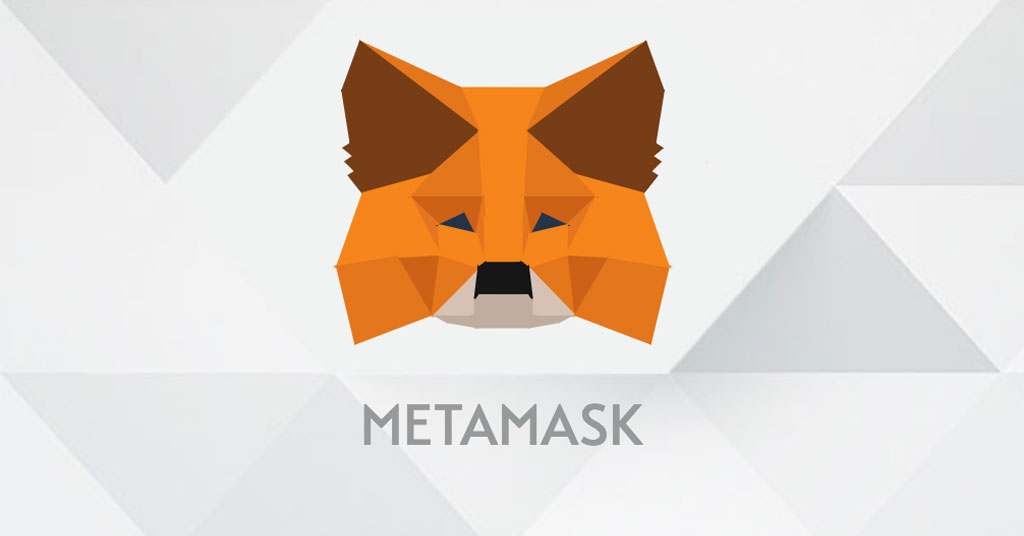In recent years, cryptocurrencies have taken the world by storm, offering an innovative way to store and transfer wealth. Central to this digital revolution are crypto wallets, which play an essential role in securing and managing cryptocurrencies metamask extension. This article delves into the concept of crypto wallets, their types, how they work, and the importance of choosing the right one for your needs.
What is a Crypto Wallet?
A crypto wallet is a digital tool that allows users to store, send, and receive cryptocurrencies like Bitcoin, Ethereum, and many others. It doesn’t physically store coins, but it contains the cryptographic keys (private and public) required to access, control, and transfer your digital assets. Think of it like an app or software for securely handling digital currencies, similar to how a physical wallet stores your cash or cards, but in this case, it’s all virtual.
Crypto wallets come in different forms, and their security and ease of use can vary significantly.
Types of Crypto Wallets
- Hot Wallets
- Definition: Hot wallets are connected to the internet, making them easily accessible for quick transactions.
- Examples: Software wallets (e.g., MetaMask, Trust Wallet), mobile apps, and online wallets (e.g., blockchain.com).
- Pros: Convenient for daily transactions and active trading.
- Cons: Due to their connection to the internet, hot wallets are more susceptible to hacking or malware.
- Cold Wallets
- Definition: Cold wallets are offline and not connected to the internet, providing a high level of security for long-term storage.
- Examples: Hardware wallets (e.g., Ledger Nano S, Trezor) and paper wallets.
- Pros: Extremely secure against online attacks, ideal for long-term storage of cryptocurrencies.
- Cons: Less convenient for frequent transactions, and users must take care not to lose or damage the physical device.
- Custodial vs. Non-Custodial Wallets
- Custodial Wallets: In a custodial wallet, a third party (like an exchange) holds your private keys on your behalf. Examples include wallets provided by platforms like Coinbase or Binance.
- Pros: Easy to use, with customer support available.
- Cons: The platform controls your keys, so if the platform is hacked or goes offline, you might lose access to your funds.
- Non-Custodial Wallets: With non-custodial wallets, you control your private keys. Examples include software wallets like MetaMask or hardware wallets like Ledger.
- Pros: Full control over your crypto assets and greater privacy.
- Cons: You are responsible for securing your keys. If you lose them, you lose access to your funds.
- Custodial Wallets: In a custodial wallet, a third party (like an exchange) holds your private keys on your behalf. Examples include wallets provided by platforms like Coinbase or Binance.
How Crypto Wallets Work
Crypto wallets operate using two main keys:
- Public Key: This is like your wallet address, which you can share with others to receive funds.
- Private Key: This is like your password, used to sign transactions and access your funds. It must be kept secret, as anyone with access to your private key can control your assets.
When you send a transaction, your wallet signs it with your private key, proving that you are the rightful owner of the funds. The network then verifies the transaction using your public key.
The Importance of Security
Security is the top priority when using a crypto wallet, as the decentralized nature of cryptocurrencies means there are no customer service reps to help if you lose your private key. Some key security measures to consider include:
- Strong Passwords: Always use strong, unique passwords for your wallet.
- Two-Factor Authentication (2FA): Enable 2FA for additional security on hot wallets or exchanges.
- Backup: Backup your private keys or recovery seed phrase in a safe, offline location.
Choosing the Right Crypto Wallet
Choosing the right wallet depends on your usage. Here are some considerations:
- For Frequent Traders: If you trade often, a hot wallet may be your best choice due to its quick access and convenience.
- For Long-Term Holders (HODLers): If you plan to hold your crypto assets for a long time, cold wallets provide superior security.
- For Beginners: Custodial wallets are often the easiest to use, especially for those new to crypto.
Conclusion
A crypto wallet is an essential tool in the world of cryptocurrencies, offering a secure way to manage your digital assets. With a variety of options available, ranging from hot wallets for ease of use to cold wallets for high-level security, it’s important to select the one that fits your needs and risk tolerance. By understanding how wallets work and prioritizing security, you can safely navigate the exciting world of cryptocurrencies.
